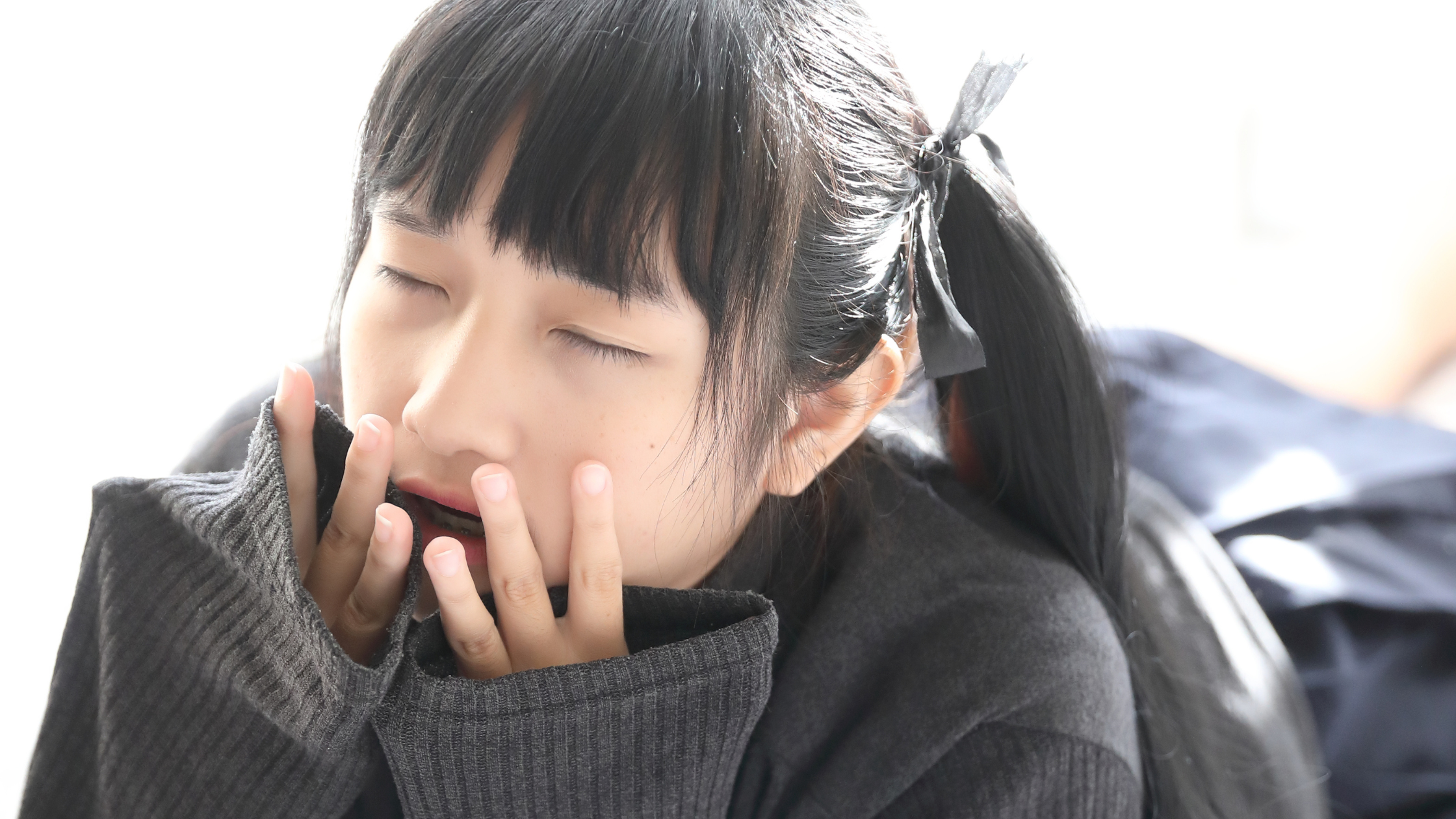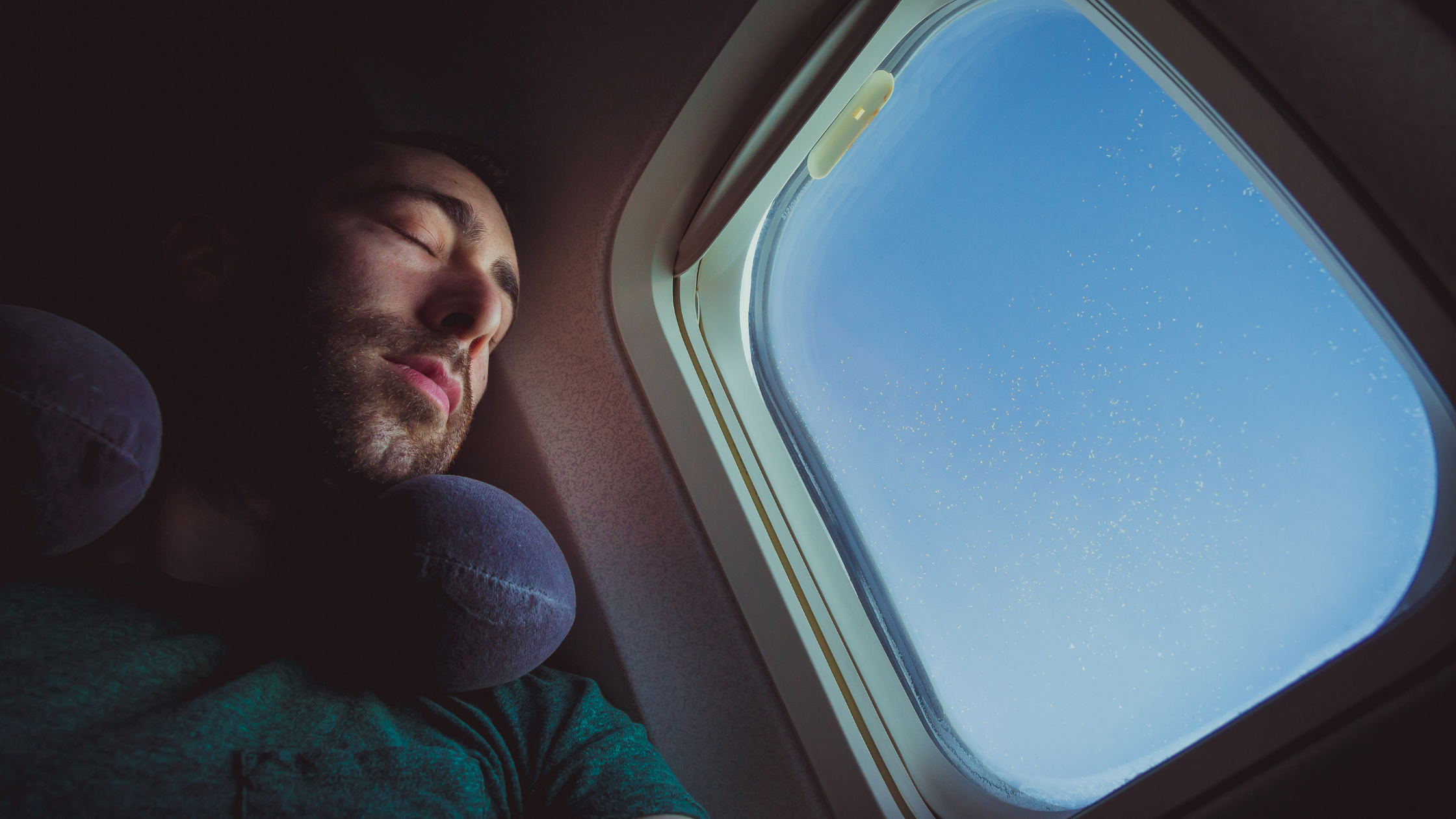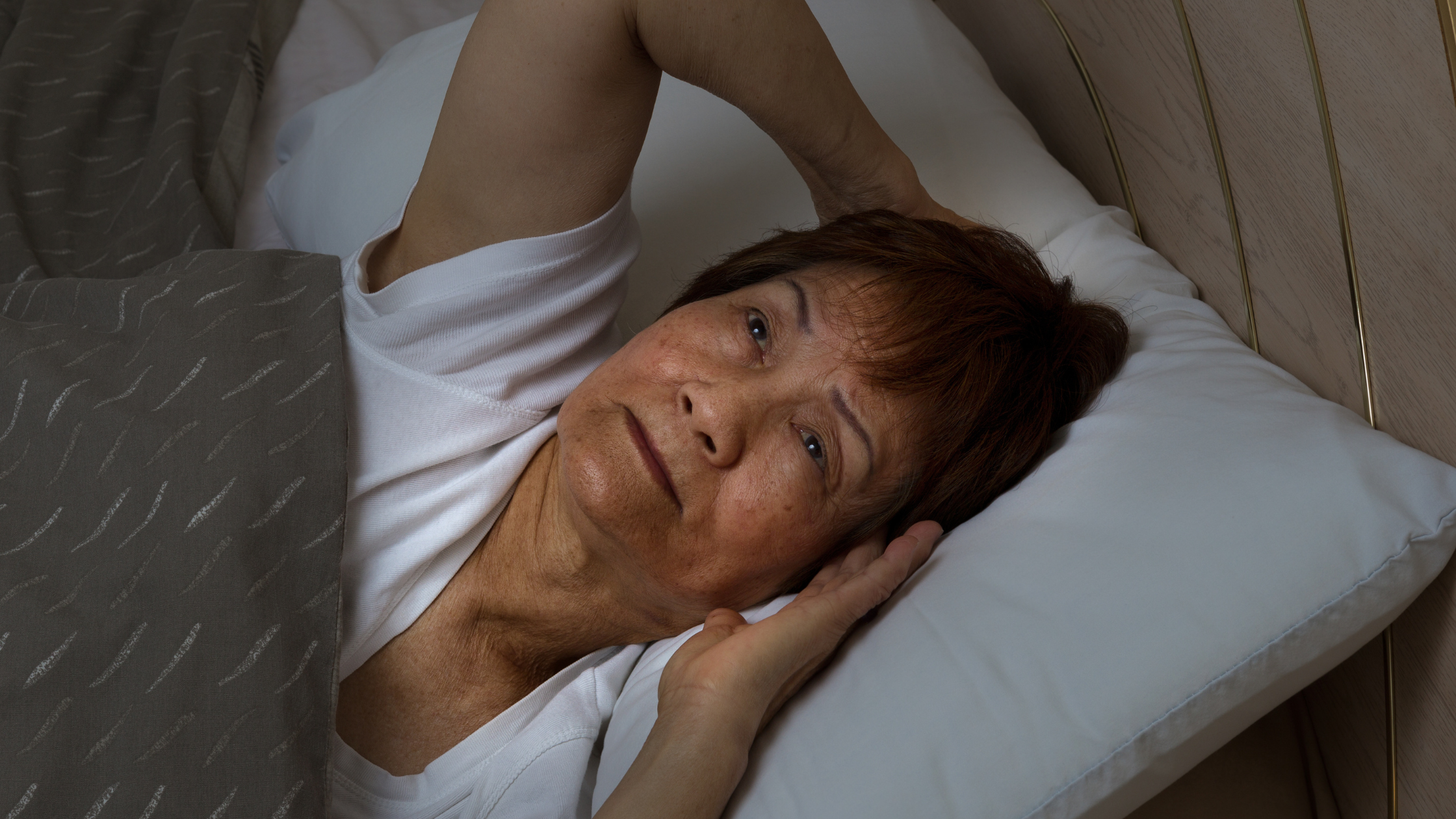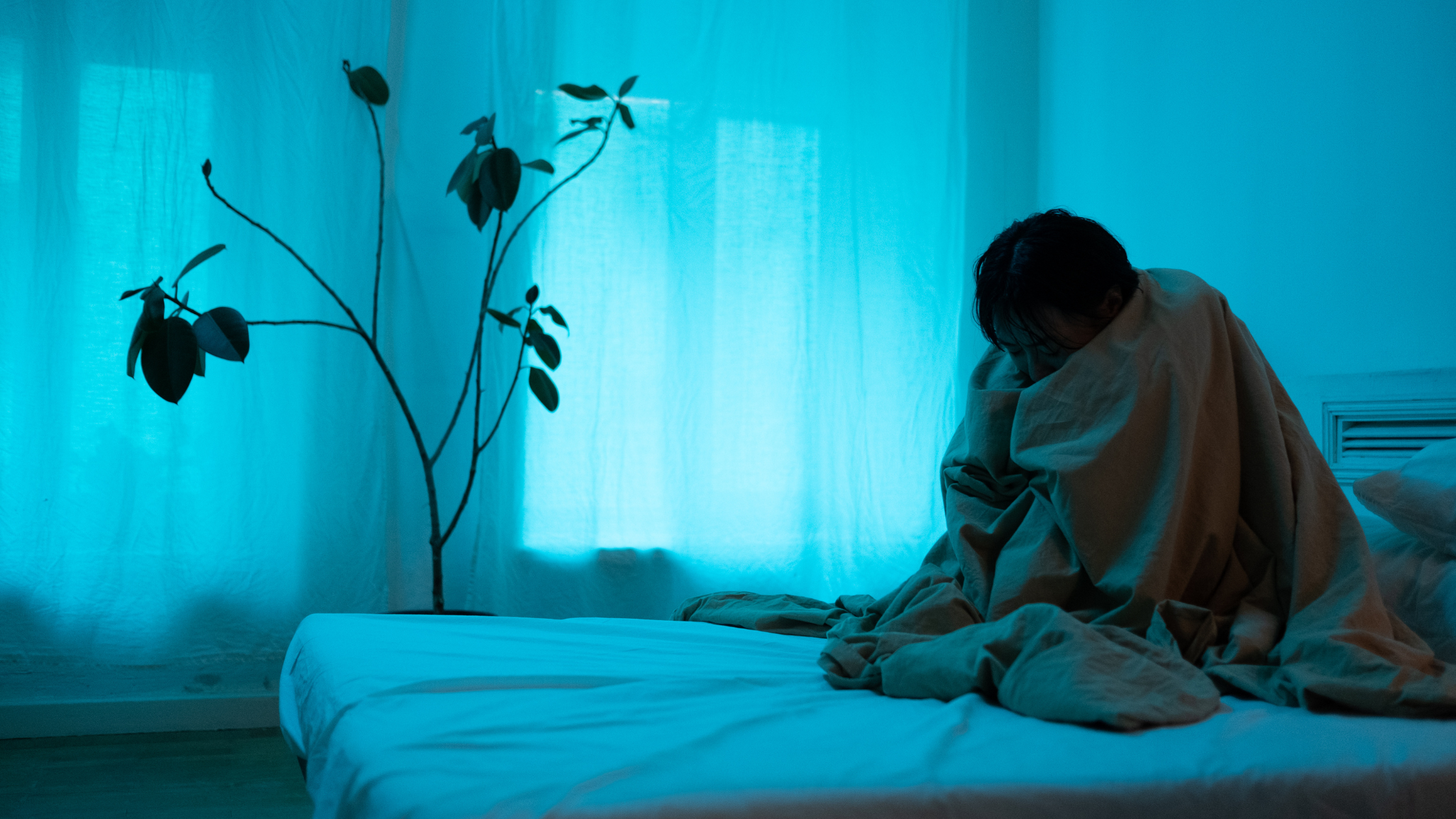Sleep plays a fundamental role in our mental and physical health, influencing mood regulation, cognitive function, and overall well-being. For individuals experiencing bipolar disorder, particularly during manic episodes, sleep disturbances can significantly impact their symptoms and quality of life. Understanding the complex relationship between sleep and mania is crucial for managing bipolar disorder effectively and promoting stability.
Understanding the Relationship Between Sleep and Mania: A Comprehensive Guide
Image from Men's Health Magazine. This is not a sponsored post.
In today's fast-paced world, where sleep is often sacrificed in favor of productivity and hustle, understanding the quality of our rest has never been more critical. Enter the Oura Ring, a groundbreaking wearable device that offers unparalleled insights into our sleep patterns and overall well-being. In this blog post, we'll explore the Oura Ring and how it's revolutionizing the way we monitor and optimize our sleep health.
Teen Sleep and Mental Health: What You Need to Know
In the tumultuous world of adolescence, where academic pressures, social dynamics, and hormonal changes abound, sleep often takes a backseat. Yet, what many teens and parents may not realize is the profound impact that sleep has on mental health during these formative years. In this blog post, we'll explore the crucial connection between teen sleep and mental well-being, shedding light on why prioritizing healthy sleep habits is essential for overall emotional resilience and stability.
Restorative Nights: How Therapy Can Help Improve Your Sleep
Sleep is a fundamental aspect of our lives, influencing our physical and mental well-being. However, for many, the pursuit of a good night's rest can be elusive, with factors like stress, anxiety, depression, and other emotional issues often disrupting our sleep patterns. This is where therapy steps in as a powerful tool to help individuals achieve better sleep and overall mental health. In this blog post, we will explore how therapy can contribute to improved sleep and the various therapeutic approaches available for those seeking more restorative nights.
Sleep and Beauty: How Restorative Sleep Enhances Skin Health
In our quest for radiant and youthful-looking skin, we often focus on skincare products, treatments, and lifestyle choices. However, one aspect that is often overlooked but incredibly vital for healthy skin is sleep. Quality sleep plays a significant role in our overall well-being, including the health and appearance of our skin. In this blog post, we will explore the fascinating connection between sleep and skin health, and how prioritizing restorative sleep can enhance your natural beauty.
How to Manage Nighttime Anxiety and Racing Thoughts for Better Sleep
A good night's sleep is essential for our overall well-being and productivity. However, many individuals struggle with nighttime anxiety and racing thoughts that can make it difficult to fall asleep and stay asleep. Constant worries, intrusive thoughts, and a busy mind can leave us tossing and turning, leading to restless nights and exhausted mornings. Fortunately, there are effective strategies that can help manage nighttime anxiety and racing thoughts, allowing for a restful and rejuvenating sleep. In this blog post, we will explore some practical techniques to promote better sleep and calm the mind.
Sleep and Mental Health: Exploring the Connection
In our fast-paced and demanding world, sleep often takes a backseat to our daily responsibilities and commitments. However, mounting evidence suggests that neglecting our sleep can have a significant impact on our mental health. Sleep and mental health are intricately connected, with each influencing and affecting the other. In this blog post, we will explore the fascinating connection between sleep and mental health and highlight the importance of prioritizing quality sleep for our overall well-being.
Both insomnia and depression are interrelated conditions that can worsen the other. The good news about this is that treating one, often improves the other, and treating both can drastically improve the quality of your life.
The link between them is bidirectional. Worsening depression, often leads to insomnia. And an inability to sleep, often leads to worsening depressive feelings, as sleep is required for mental wellbeing. Continue reading to learn more about how treating both conditions works to improve the other.
Trauma is an experience that one has in their life that leaves them with negative effects to their well-being and ability to function. One traumatic event can lead to psychological trauma, and it can build up over time so it is ongoing background stress.
Most people experience trauma, with 90% of people exposed to at least one potentially traumatic event in their lives. Experiencing trauma can lead to increased risk of mental and physical health issues, including suicide. Continue reading to learn the effect of trauma on the body and sleep.
Why Panic Disorder and Anxiety Cause Sleep Issues
People with panic disorder and other anxiety-related disorders may struggle with obtaining a full night of restful sleep. Specific sleep comorbidities may include insomnia and panic attacks. There is a relationship between sleep problems and these anxiety disorders, where an exacerbation of one can lead to issues with the other. Continue reading to find out why panic disorder and anxiety cause sleep issues, and what you can do to mitigate your sleep disturbances.










